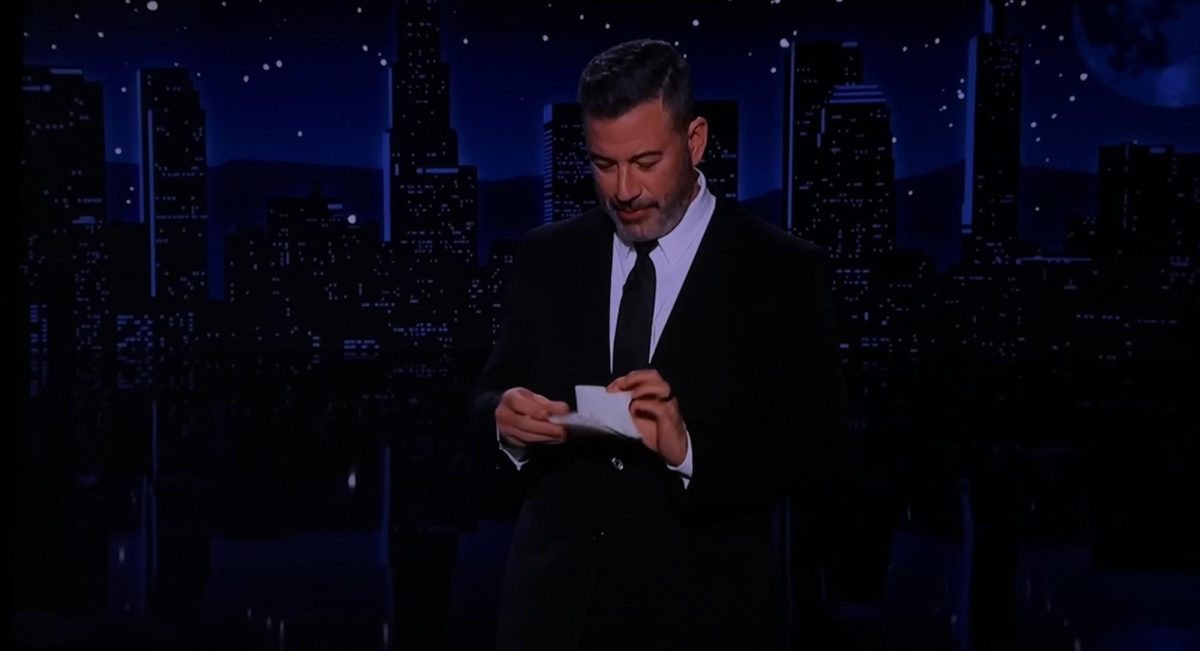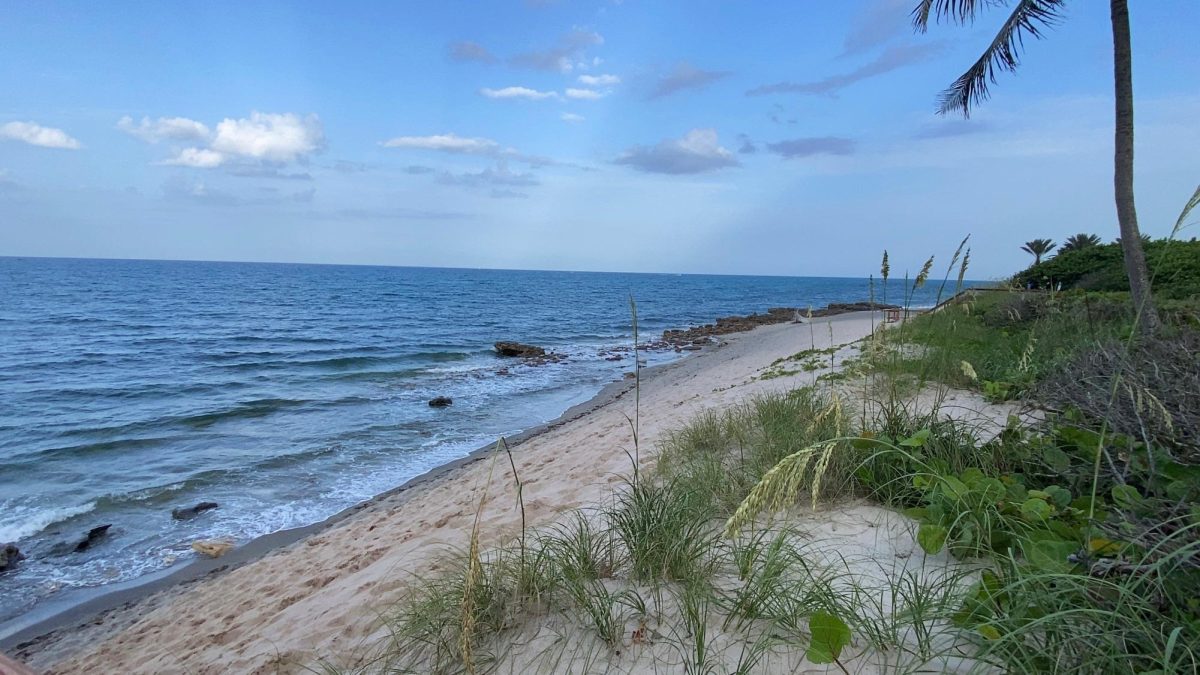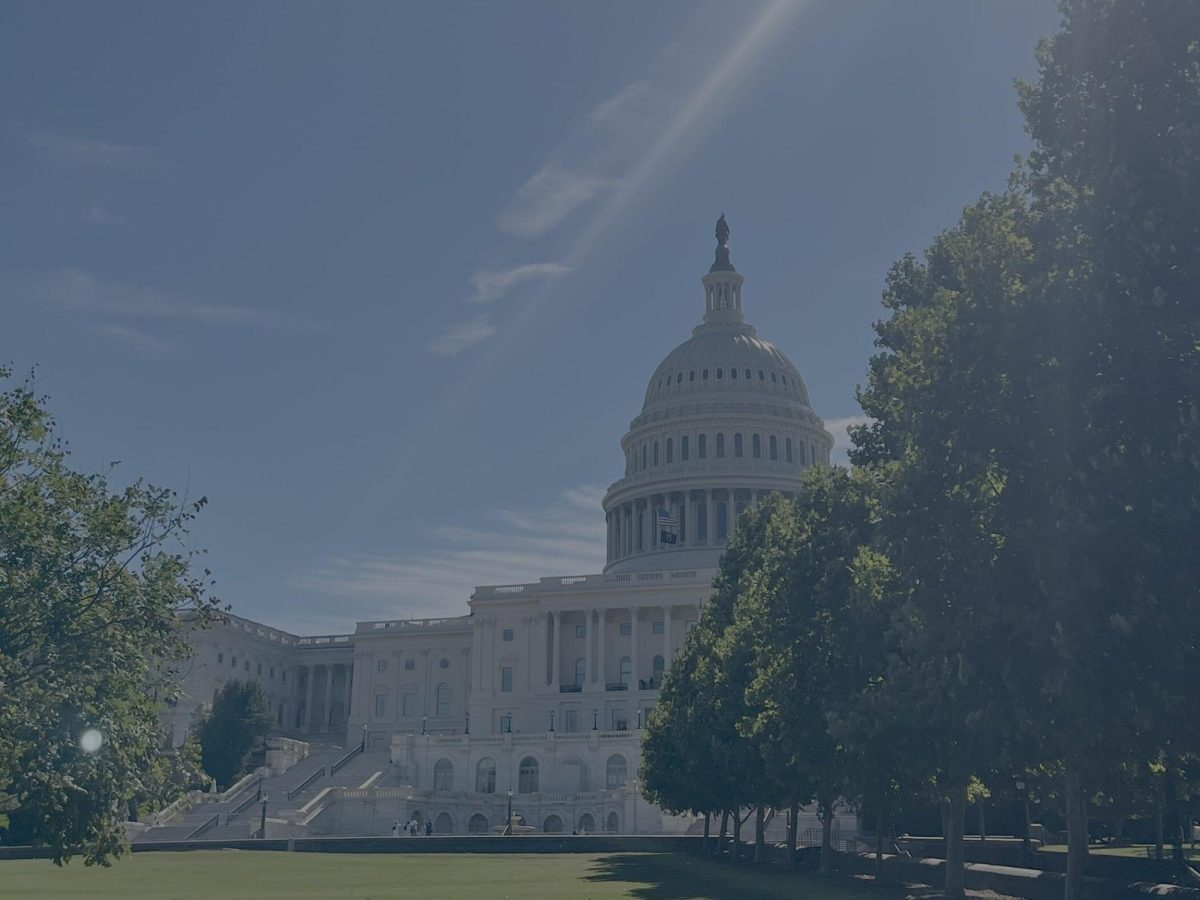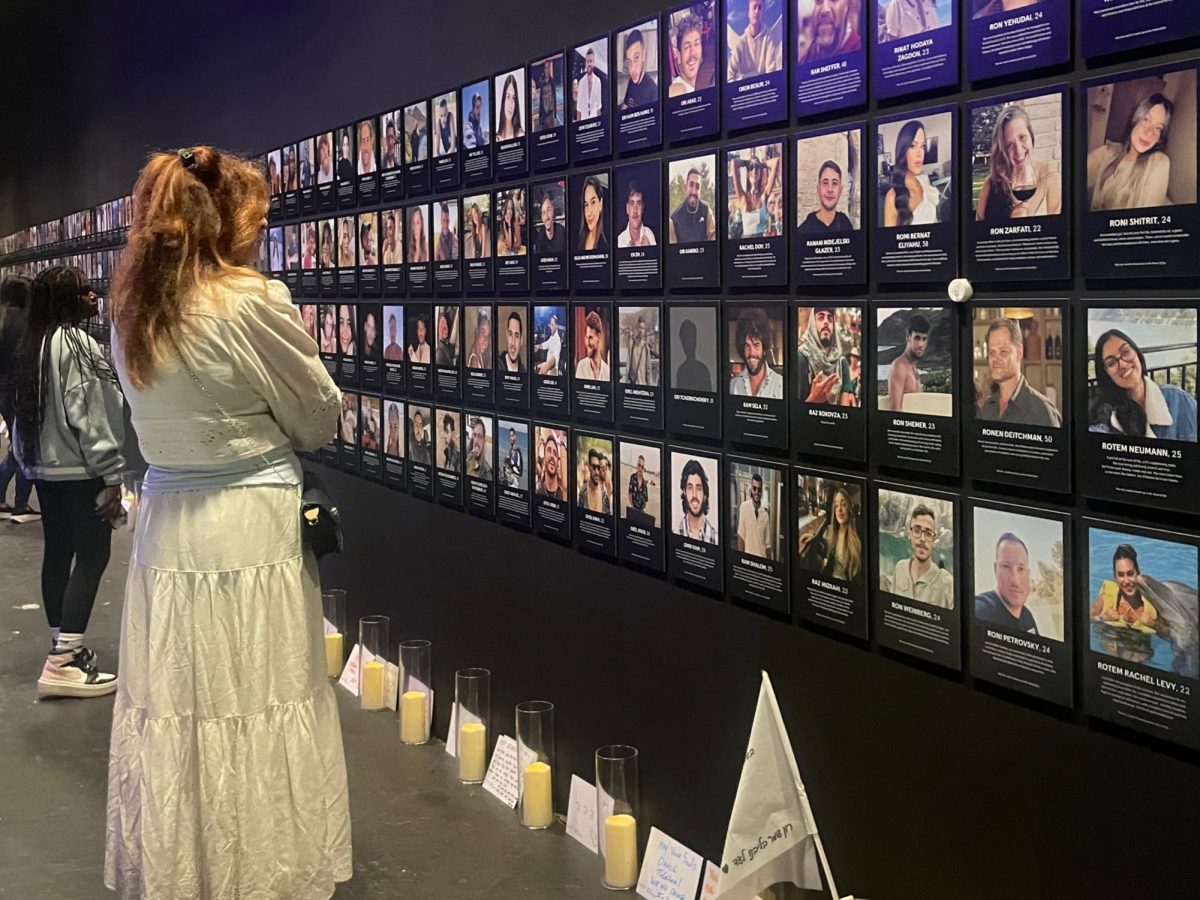Fla. Governor Ron DeSantis signed House Bill 3, known as the “Online Protection for Minors,” on Mar. 25 prohibiting children under the age of 14 from becoming social media account holders. DeSantis’ goal is to protect minors from the potential risks and negative impacts associated with early exposure to social media.
In a press release on Mar. 25, DeSantis states that “social media harms children in a variety of ways.” He emphasizes the importance of protecting the innocence and well-being of young children, stating that social media platforms can expose them to harmful content, cyberbullying and online predators. The bill aims to provide a safe environment for children to grow and develop without social media pressures and potential dangers.
”Majority of [children’s] free time is involved with social media [or] on a phone,” Bruce Wasserman, Jupiter High guidance counselor, said. “It absolutely hampers your development.”
Social media platforms have become more popular and widely used and most of these platforms cannot control what content is being distributed to the younger audience. This can have a negative impact on children by being exposed to content that is meant for a mature audience.
“The innocence of children is sometimes taken away by some of this exposure,” Christine Rick, Jupiter High Assistant Principal, said.
Many people who work with children believe they should be given ample time to develop important social and emotional skills before being exposed to the often unpredictable and potentially harmful nature of social media.
“The younger generation needs the opportunity to grow up and there’s certain things they shouldn’t be exposed to, especially at an early age,” Beriage Bien-Aime, school police officer, said.
The increasing prevalence of social media platforms has raised concerns about its impact on young minds. A study done by Angela Webb, a Brigham Young University student, found that excessive screen time can negatively affect children’s mental health, cognitive development and social skills.
With the easy accessibility to social media, students are always checking their phones which contradicts the time they spend socializing face-to-face, studying and general daily tasks.
“Students at lunch start to sit around each other, but everyone’s pulling out their phones, and they’re looking at what’s going on on social media,” Bien-Aime said.
The Online Protection For Minors bill will go into effect on Jan. 1, 2025.







